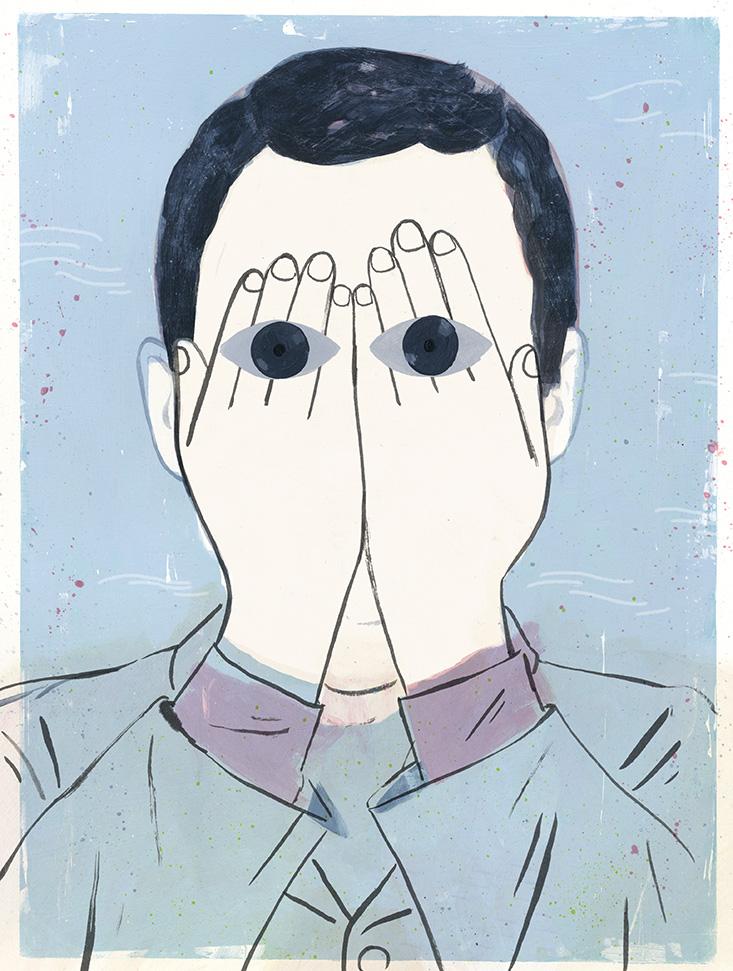| BIOLOGY | SCIENCE PRACTICE |
The Trouble With Scientists
Sometimes it seems surprising that science functions at all.
In 2005, medical science was shaken by a paper with the provocative title
“Why most published research findings are false.”1 Written by John Ioannidis,
a professor of medicine at Stanford University, it didn’t actually show that any
particular result was wrong. Instead, it
showed that the statistics of reported positive findings was not consistent with how
often one should expect to find them. As Ioannidis concluded more recently, “many
published research findings are false or exaggerated, and an estimated 85 percent
of research resources are wasted.”2
In 2005, medical science was shaken by a paper with the provocative title
“Why most published research findings are false.”1 Written by John Ioannidis,
a professor of medicine at Stanford University, it didn’t actually show that any
particular result was wrong. Instead, it
showed that the statistics of reported positive findings was not consistent with how
often one should expect to find them. As Ioannidis concluded more recently, “many
published research findings are false or exaggerated, and an estimated 85 percent
of research resources are wasted.”2
It’s likely that some researchers are consciously cherry-picking data to get their work
published. And some of the problems surely lie with journal publication policies. But
the problems of false findings often begin with researchers unwittingly fooling
themselves: they fall prey to cognitive biases, common modes of thinking that lure
us toward wrong but convenient or attractive conclusions. “Seeing the reproducibility
rates in psychology and other empirical science, we can safely say that something is
not working out the way it should,” says Susann Fiedler, a behavioral economist at
the Max Planck Institute for Research on Collective Goods in Bonn, Germany.
“Cognitive biases might be one reason for that.”/.../
published. And some of the problems surely lie with journal publication policies. But
the problems of false findings often begin with researchers unwittingly fooling
themselves: they fall prey to cognitive biases, common modes of thinking that lure
us toward wrong but convenient or attractive conclusions. “Seeing the reproducibility
rates in psychology and other empirical science, we can safely say that something is
not working out the way it should,” says Susann Fiedler, a behavioral economist at
the Max Planck Institute for Research on Collective Goods in Bonn, Germany.
“Cognitive biases might be one reason for that.”/.../

No comments:
Post a Comment